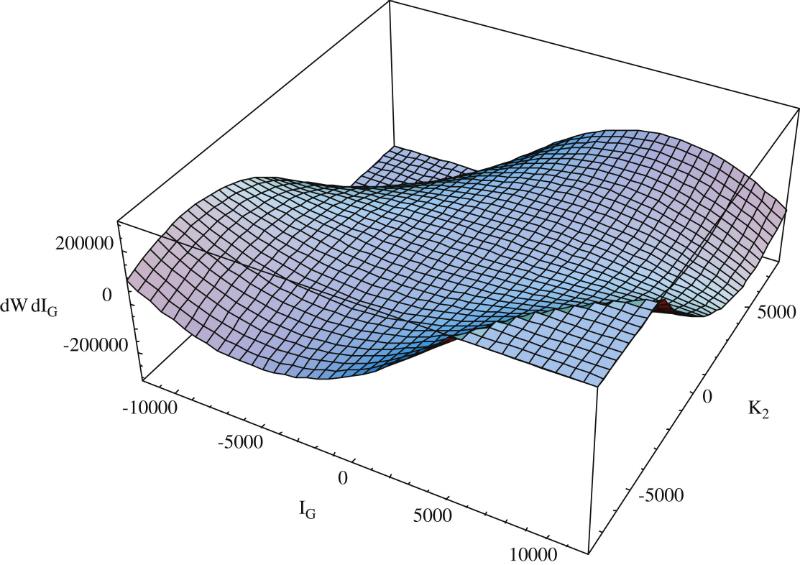DST Applications Project
Overview
The DST Applied Group is an initiative of AC4 that brings together researchers and practitioners that are using DST or other systemic approaches in research or practice. The goal of the group is to translate the theoretical promise of DST into practical tools to help us better understand and respond to complex conflicts. Tools that members of the group are currently working on include training curricula for students, business executives and political figures, computer simulation models to inform public policy, novel conflict assessment methodologies for workplaces, communities, or societies emerging from conflict, and other projects at the research-practice nexus of systemic thinking and conflict.
To expand this work, the Advanced Consortium on Cooperation Conflict and Complexity (AC4), the International Center for Cooperation and Conflict Resolution (ICCCR) at Columbia University, The Institute of World Affairs (IWA) at the University of Wisconsin, Milwaukee, and the School for Conflict Analysis and Resolution (S-CAR) at George Mason University are supporting the development of an Innovation Lab on Dynamical Systems Theory, Peace and Conflict. The general goals of the Innovation Lab are to create opportunities, structures and support mechanisms to bring together experienced scholar-practitioners working with complexity science, conflict and peace to share leading-edge ideas, methods and practices and to inspire and support collaborative work in this area for moving the work forward.
Publications
The five percent: Finding solutions to seemingly impossible conflicts
By Peter T. Coleman (2011)
One in every twenty difficult conflicts ends up not in a calm reconciliation or tolerable standoff but as an acute and lasting antagonism. Such conflicts—the five percent—can be found among the diplomatic and political clashes we read about every day in the newspaper but also, and in a no less damaging and dangerous form, in our private and personal lives, within families, in workplaces, and among neighbors. These self-perpetuating conflicts resist mediation, defy conventional wisdom, and drag on and on, worsening over time. Once we get pulled in, it is nearly impossible to escape. The five percent rule us.
Attracted to conflict: The emergence, maintenance and transformation of malignant social relations
By Robin Vallacher, Andrzej Nowak, Peter T. Coleman, Lan Bui-Wrzosinska, Larry S. Liebovitch, Katharina Kugler, and Andrea Bartoli (2013)
This book addresses the subject of intractable social conflict from a new vantage point. Here, these types of conflict represent self-organizing phenomena, emerging quite naturally from the ongoing dynamics in human interaction at any scale—from the interpersonal to the international. Using the universal language and computational framework of nonlinear dynamical systems theory in combination with recent insights from social psychology, intractable conflict is understood as a system locked in special attractor states that constrain the thoughts and actions of the parties to the conflict. The emergence and maintenance of attractors for conflict can be described by means of formal models that incorporate the results of computer simulations, experiments, field research, and archival analyses. Multi-disciplinary research reflecting these approaches provides encouraging support for the dynamical systems perspective.
